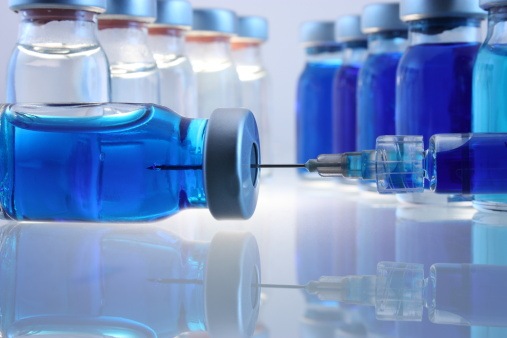
A study published in the Journal of Hematology & Oncology found that chronic graft-versus-host disease (GVHD) is associated with reduced binding antibody (Ab) responses to the COVID-19 vaccine in patients who have undergone allogeneic hematopoietic stem cell transplantation.
“Factors affecting response to SARS-CoV-2 mRNA vaccine in allo-HSCT recipients remain to be elucidated,” wrote the study authors.
For this study, 40 patients who had previously undergone allo-HSCT were analyzed. The primary outcome was Ab response to immunization with BNT162b2 mRNA vaccine (Pfizer). Ab responses to SARS-CoV-2 receptor binding domain (RBD) were assessed at days 0, 21, 28, and 49, and neutralizing Ab against SARS-CoV-2 wild type (NT50) were assessed at days 0 and 49. Results from this allo-HSCT cohort were compared to data from 40 healthy controls. Flow cytometry analysis of peripheral blood cells was conducted at baseline to identify predictors of Ab response.
Median age at vaccination was 60 years (range, 26-76) and median time from allo-HSCT and vaccination was 31 months (range, 5-51 months). Fourteen patients were receiving systemic immunosuppressants as either GVHD prophylaxis or treatment. Seven patients received rituximab in the year prior to vaccination. No GVHD flare occurred as an adverse response to vaccination. Three serious adverse events were recorded in the first 49 days post-injection, however, the researchers noted that these events were not considered related to the vaccination.
Prior to vaccination, three patients had detectable anti-RBD Ab levels. At 21 days post-vaccination, 20 of 37 patients who were SARS-CoV-2 naïve (54%) had detectable anti-RBD Ab, and in 32 patients (86%) at 49 days. When compared to control subjects, the allo-HSCT cohort had significantly lower anti-RBD levels at days 21, 28, and 49.
Furthermore, detectable NT50 Ab at day 49 was 49% in all-HSCT patients and 88% among controls. Allo-HSCT was associated with significantly lower NT50 Ab titers than in healthy adults (P=0.0004).
The researchers noted that patients with ongoing moderate to severe GVHD also demonstrated lower anti-RBD and NT50 Ab titers at day 49 (P<0.01). Rituximab therapy within the year prior to vaccination was also associated with lower Ab titers (P<0.05). In fact, the authors noted, “compared to healthy adults, allo-HSCT patients without chronic GVHD or rituximab therapy had comparable anti-RBD Ab levels and NT50 Ab titers at day 49.”
Analyses of flow cytometry conducted before vaccination suggested that Ab responses in allo-HSCT recipients were strongly correlated with the levels of memory B cells and of naive CD4+ T cells (P<0.01) and weakly correlated with the number of follicular helper T cells (P=0.01).
A limitation of the study, according to the authors, “is that we did not assess SARS-CoV-2-specific T cell responses to the vaccine. In a recent study, cellular response (assessed by an ELISpot assay) was detected in only 19% of allo-HSCT patients given two doses of the BNT162b2 vaccine. Further studies should assess whether common or distinct parameters predict Ab and T cell responses to mRNA vaccination in all-HSCT recipients.”
In conclusion, the authors wrote, “we observed that allo-HSCT patients without moderate/severe chronic GVHD and not given rituximab within 1 year before vaccination had comparable anti-RBD Ab levels to those of healthy adults following two doses of the vaccine. However, moderate/severe chronic GVHD and rituximab administration were associated with lower Ab levels in allo-HCT recipients. Administration of a third dose of the vaccine should be investigated in allo-HSCT patients with low anti-RBD Ab levels or low neutralizing Ab titers.”

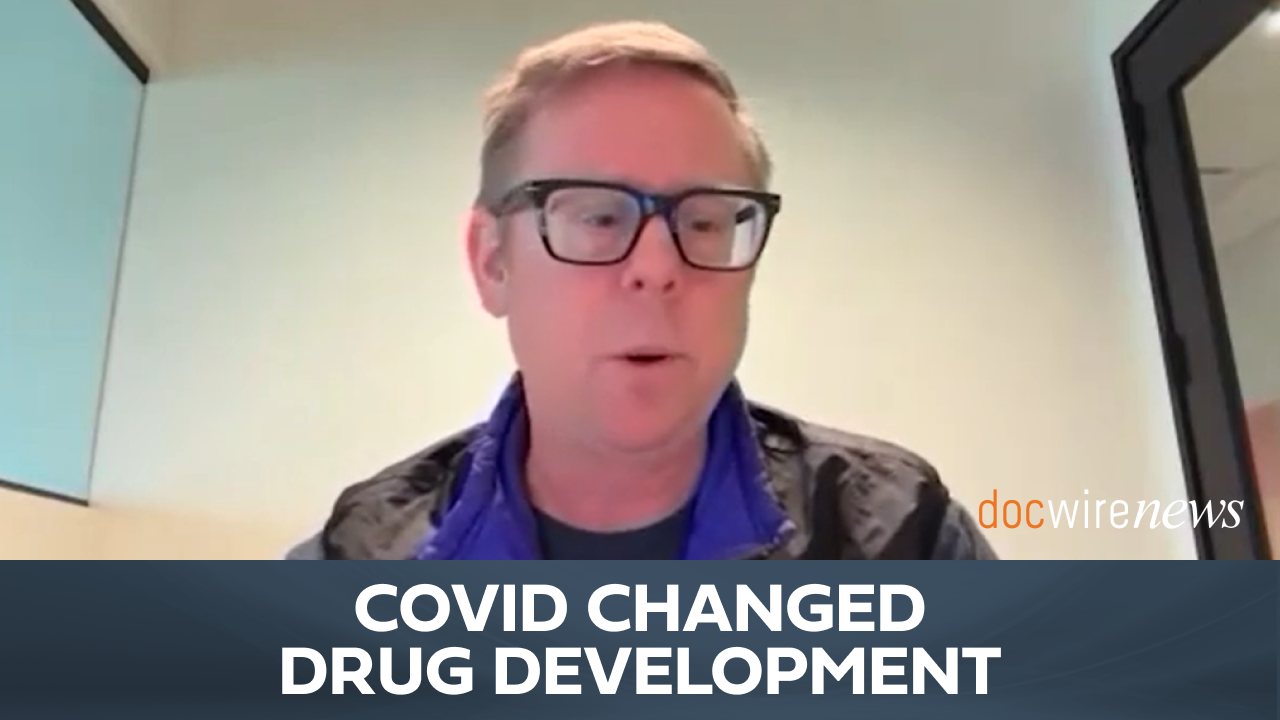
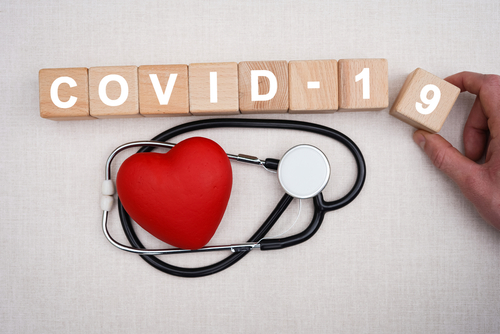
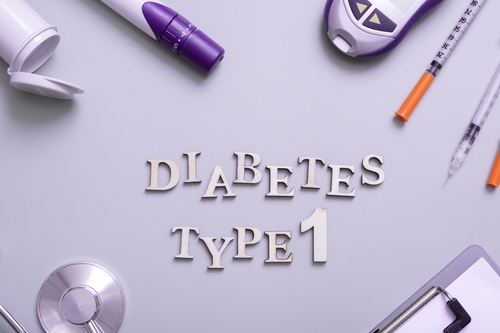

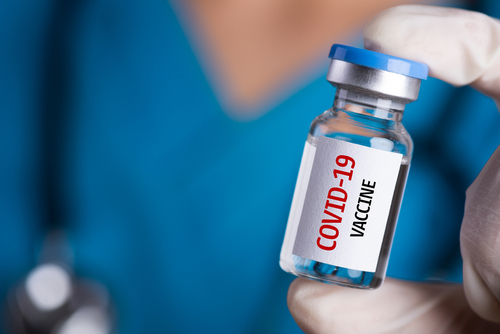

 © 2025 Mashup Media, LLC, a Formedics Property. All Rights Reserved.
© 2025 Mashup Media, LLC, a Formedics Property. All Rights Reserved.